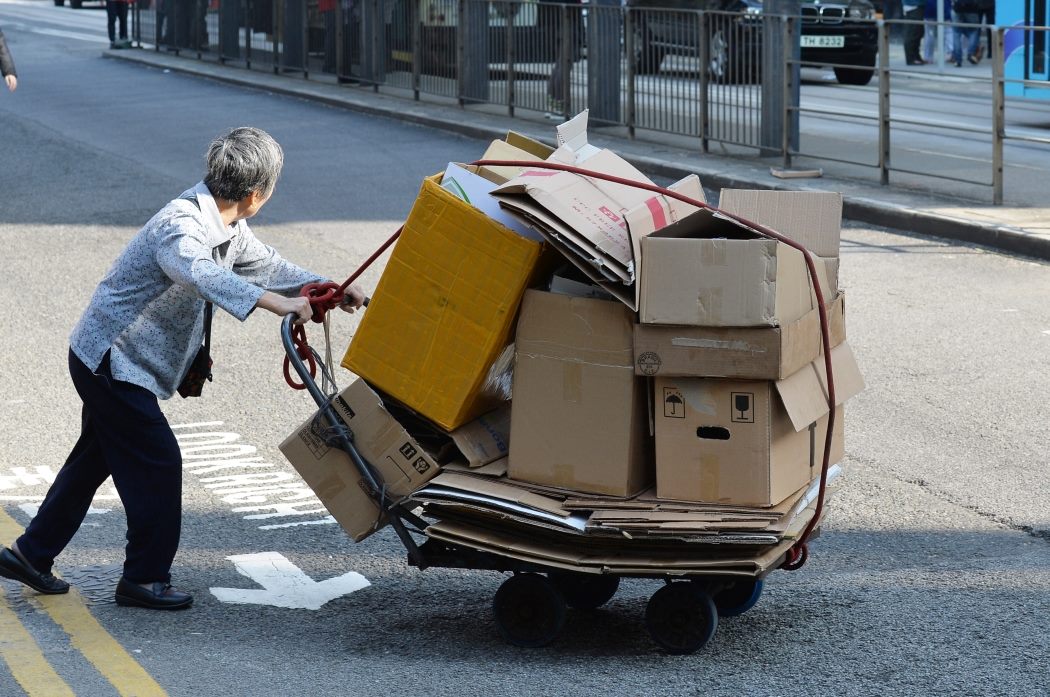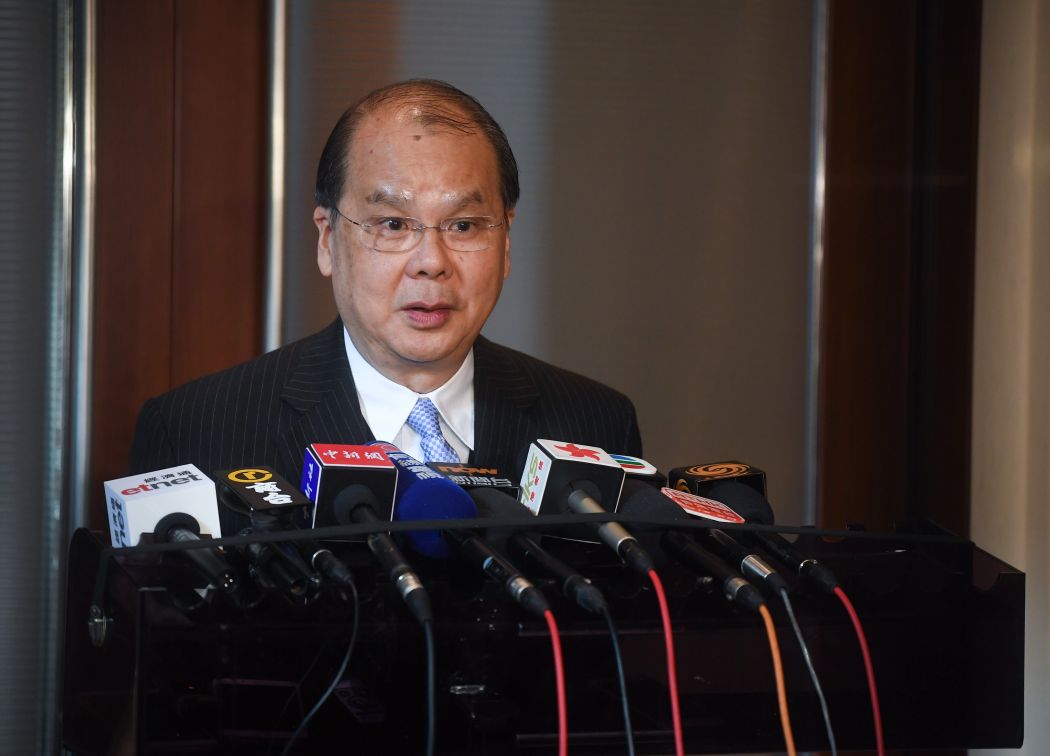With Hong Kong now fully dressed for the Christmas season in its usual bedazzling array of light, foofaraw and conspicuous consumption, perhaps this is an awkward time to bring up what should be a source of mind-changing embarrassment and shame: as the lights glisten and gleam, the cash registers ring and the finely wrapped gifts pile up all over this beautiful city, there are far too many poor people in our midst for whom Christmas is just another Dickensian day of toil and struggle.
Then again maybe this is the best time for a city dripping in wealth and privilege to face up to its longstanding indifference to the deplorable poverty that is on daily display in its streets; this callous apathy is only thrown into sharper relief by the bright lights and general good cheer of Christmas.

The disgraceful figures should be well known by now. With the Hong Kong government now sitting idly on fiscal reserves of nearly HK$2 trillion, 20 per cent of the city’s 7.4 million people live below the official poverty line, established as half of the median household income, with children and the elderly disproportionately affected.
Thus, it’s no surprise that Hong Kong’s wealth gap is one of the largest in the developed world. And the government’s own research shows the problem is getting worse, not better.
A new study by Chinese University scholars sheds additional harsh light on the plight of the poor in Hong Kong. This survey—which measured access to 23 essential items for 1,476 people canvassed last year—found a deprivation rate of 24.7 per cent, notably higher than the city’s official poverty measurement of 19.9 per cent, with the elderly, of course, the most severely affected.
Participants who could not afford two or more of the essential items—which include three meals a day, an annual dental check-up and new clothes once a year—were considered deprived.

While the study showed that, thanks to a buoyant economy, the deprivation rate has improved from 28.7 per cent in 2014, associate professor Wong Hung, one of the researchers involved, said the more recent results were still cause for worry.
“Although the study shows there were fewer deprived people,” Hung told the South China Morning Post, “almost a quarter of Hongkongers still struggled to afford these very basic necessities in life, and we should be concerned about that.”
Unless you live in the same apparently impenetrable bubble currently occupied by top Hong Kong officials and the city’s business elite, you don’t even need government stats and university studies to recognise the wretched conditions imposed on the lives of the indigent. You have already witnessed the hunch-backed elderly women scavenging the streets for cardboard, the homeless people begging in our underpasses and flyovers and the families crowded into sub-divided firetraps because they cannot afford a safe and decent place to live.

The official response to this blight on our city has been miserly and short-sighted. Indeed, when one considers the physical and psychological damage inflicted on the poor by this enduring policy of neglect, the Hong Kong government should be denounced by social activists here and everywhere as an uncaring and inhumane caretaker of a rich 21st-century city with a 19th-century attitude toward poverty.
Favouritism for the rich and powerful and a wary “small-government” antipathy toward developing meaningful welfare programs to help the poor were part and parcel of British colonial rule of Hong Kong, and not much has changed since the 1997 handover to Chinese sovereignty.
Yes, we have a Commission on Poverty (COP), but that feckless body has recommended none of the philosophical and structural changes that would be necessary to alleviate, let alone eliminate, poverty in Hong Kong.
As of 2011, the city has also had a legally mandated minimum wage. Due to heavy lobbying by the favoured business class, however, the hourly wage is so paltry—it was implemented six years ago at HK$28 and has since risen to a whopping HK$34.50, less than half that offered in Western countries such as Germany, France and the United Kingdom—that it serves to perpetuate the very poverty it was supposed to reduce.

When asked to comment last month on Hong Kong’s rising poverty figures, Chief Secretary Matthew Cheung Kin-chung (who also chairs the useless COP) blamed the alarming uptick on “the structural problem” of an ageing population that neither he nor anyone else in the administration of Chief Executive Carrie Lam Cheng Yuet-ngor has done anything to address.
If the government has no strategy for the 16 per cent of Hong Kong’s population that is currently aged 65 or older, what’s the plan for 2050, when the World Health Organisation estimates 40 per cent of the population will be that old? Twenty-three years from now will the COP chair still be twiddling his thumbs and searching wistfully for an answer?
It’s no wonder Beijing’s handover promise of democracy for Hong Kong has been summarily scuttled. If Hongkongers could vote for their chief executive, the current puppet administration would most assuredly be given the heave-ho, replaced by leaders whose first mission would be to stand up for the people of Hong Kong by addressing the rank economic and social inequalities that have, along with our dead-end politics, so polarised this city.
And then there would be no need to blast Scrooge-like government officials at Christmastime.
